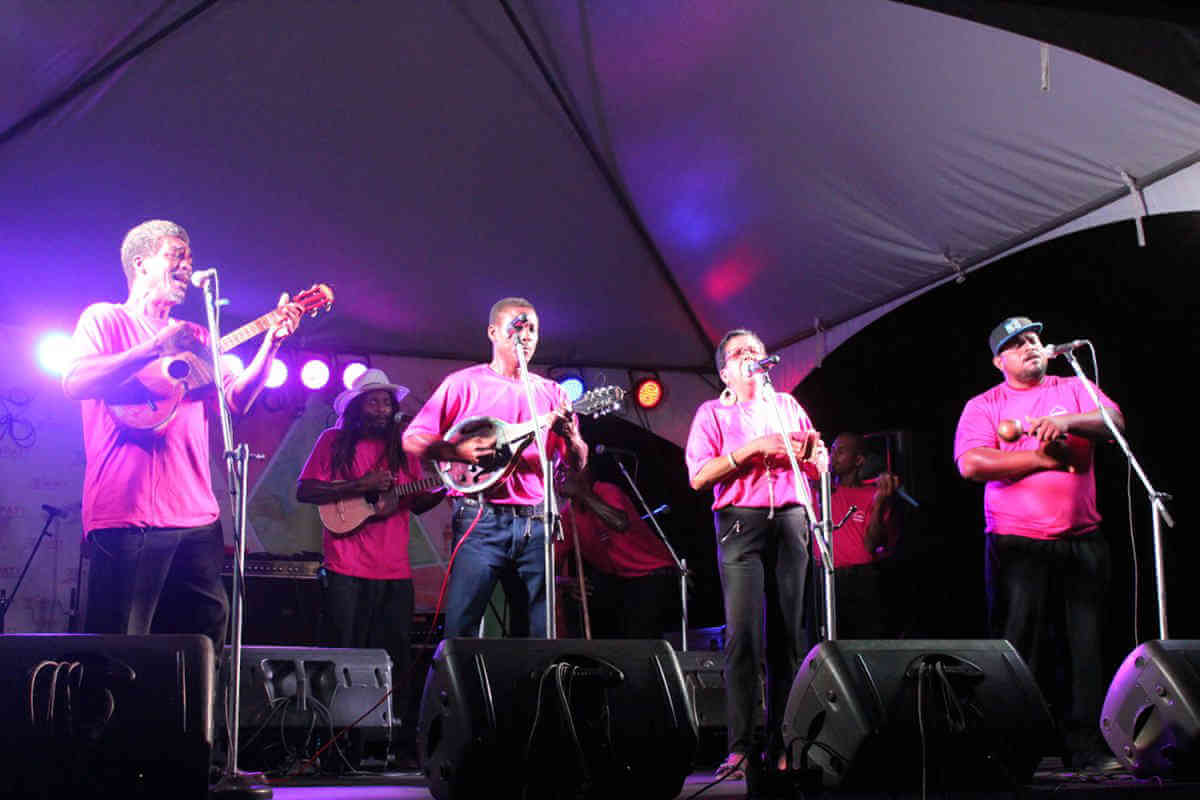While the twin-island republic of Trinidad and Tobago is renowned for calypso and soca, infectious music that takes center stage during the country’s annual carnival, another type of music dominates during the Christmas season, according to National Public Radio’s (NPR) “Morning Edition.”
“At a sound check for a band that plays old-time instruments, musicians play cuatro, a small, four-stringed acoustic guitar,” said NPR in a Christmas Eve broadcast. “There are also mandolins, maracas and a box bass, Trinidad’s version of the washtub bass.
“These are some of the instruments that are used to make the religious folk music called parang,” it added.
During the months leading up to Christmas, NPR said parang can be heard “just about everywhere” in Trinidad and Tobago.
It said while most of the songs are about the birth of Christ, not everyone understands the lyrics.
NPR said parang was brought to Trinidad and Tobago by migrant farm workers from nearby Venezuela.
“The songs are sung in Spanish, even though the mother tongue on the island is English,” it said, adding that some parang groups, like Los Alumnos de San Juan, “pantomime to help audiences grasp the Spanish lyrics to songs.”
“Parang music is our way at Christmastime to tell the story but in a different language and in a different musical style,” Alicia Jaggasar, leader of Los Alumnos de San Juan and head of the National Parang Association, told NPR.
“So, you wouldn’t hear it as the normal ‘Hark the herald angels sing, glory to the newborn king,’” she added. “You will hear: ‘Cantando gloria, gloria, gloria en el cielo. En un establo nació el Dios verdadero,’ which translates to ‘Singing glory, glory, glory in heaven. The true God was born in a stable.’”
Jaggasar said her group was booked until Christmas Eve.
On that night, NPR said parang bands go house-to-house until the wee hours “in an exuberant form of Christmas caroling.”
But they must adhere to some elaborate musical etiquette to gain entry, NPR warned.
“You have to do a ‘serenado’(serenade) from outside,” Jaggasar said. “And, in that song, you have to actually say who you are, and what you’ve come to do.
“And it’s only when the host hears who you are, then the door is open,” she added. “They don’t just open it just like that.”
But, once inside, the party revs up, NPR said.
“Christmas morning, I would hear the cuatros, the mandolins, as the groups went from house to house,” Michele Reis, a Trinidad academic, told NPR. “There is lots of rum flowing, there is food that comes. And, it’s just a really festive time, you know?”
To keep this tradition alive, NPR noted that high schools and colleges in Trinidad and Tobago hold parang contests.
Still, it said musicians are always tinkering with parang in an effort to reach a wider audience.
One result is soca-parang, NPR said, which is sung in English, “so more people will understand.”
It said soca-parang is fused with the “frenetic rhythms of soca.”
NPR said purists complain that the lyrics often glorify girls rather than the gospel.
But Jaggasar, according to NPR, endorses the hybrid.
“Because we are the land of calypso, soca and steel band, we like to mix things,” Jaggasar said. “That is just our culture.”


























